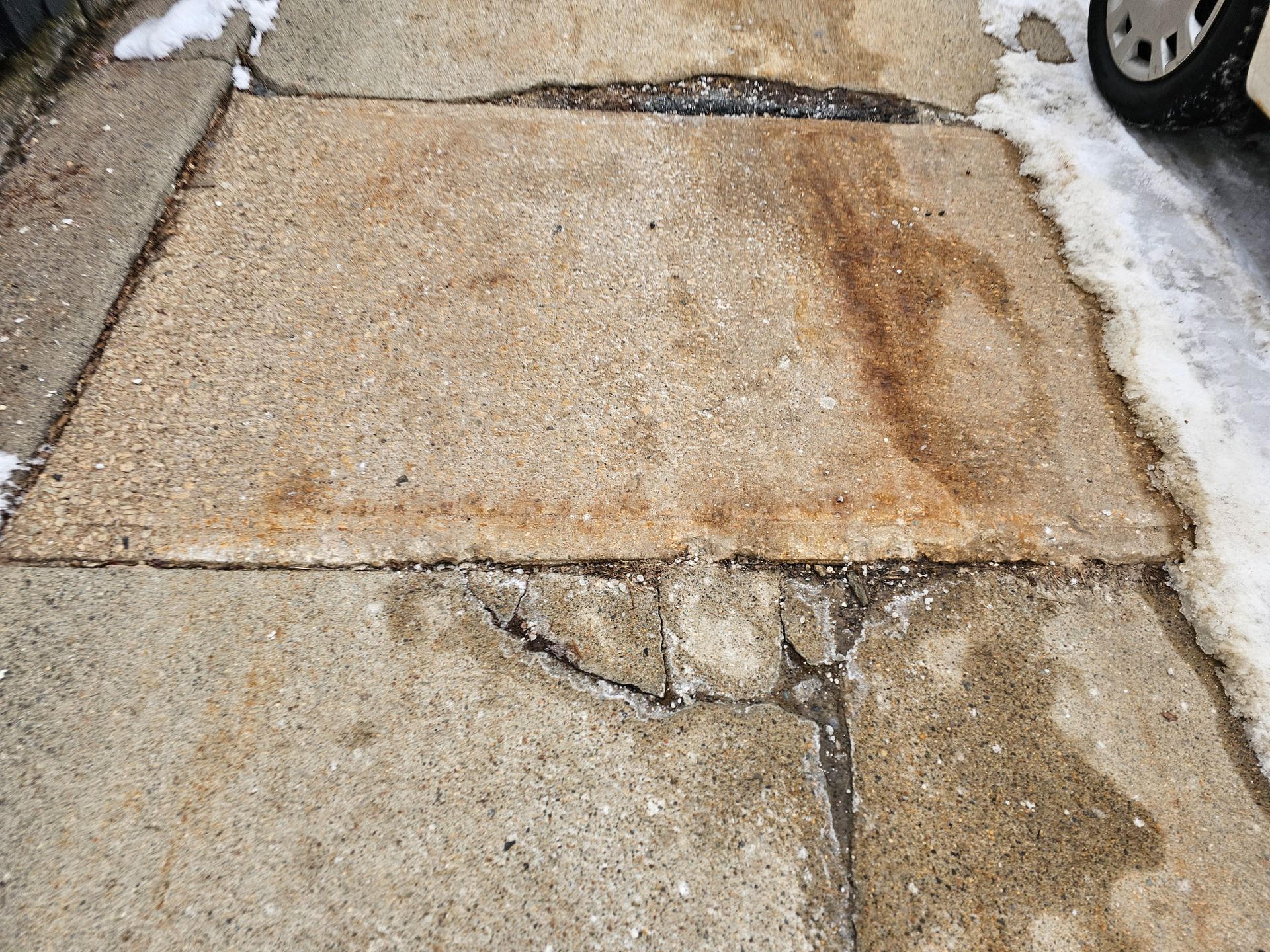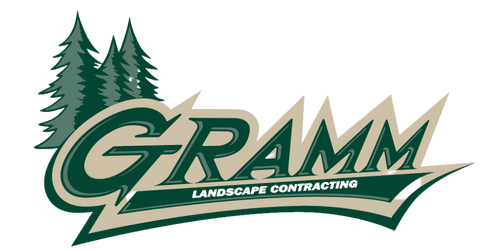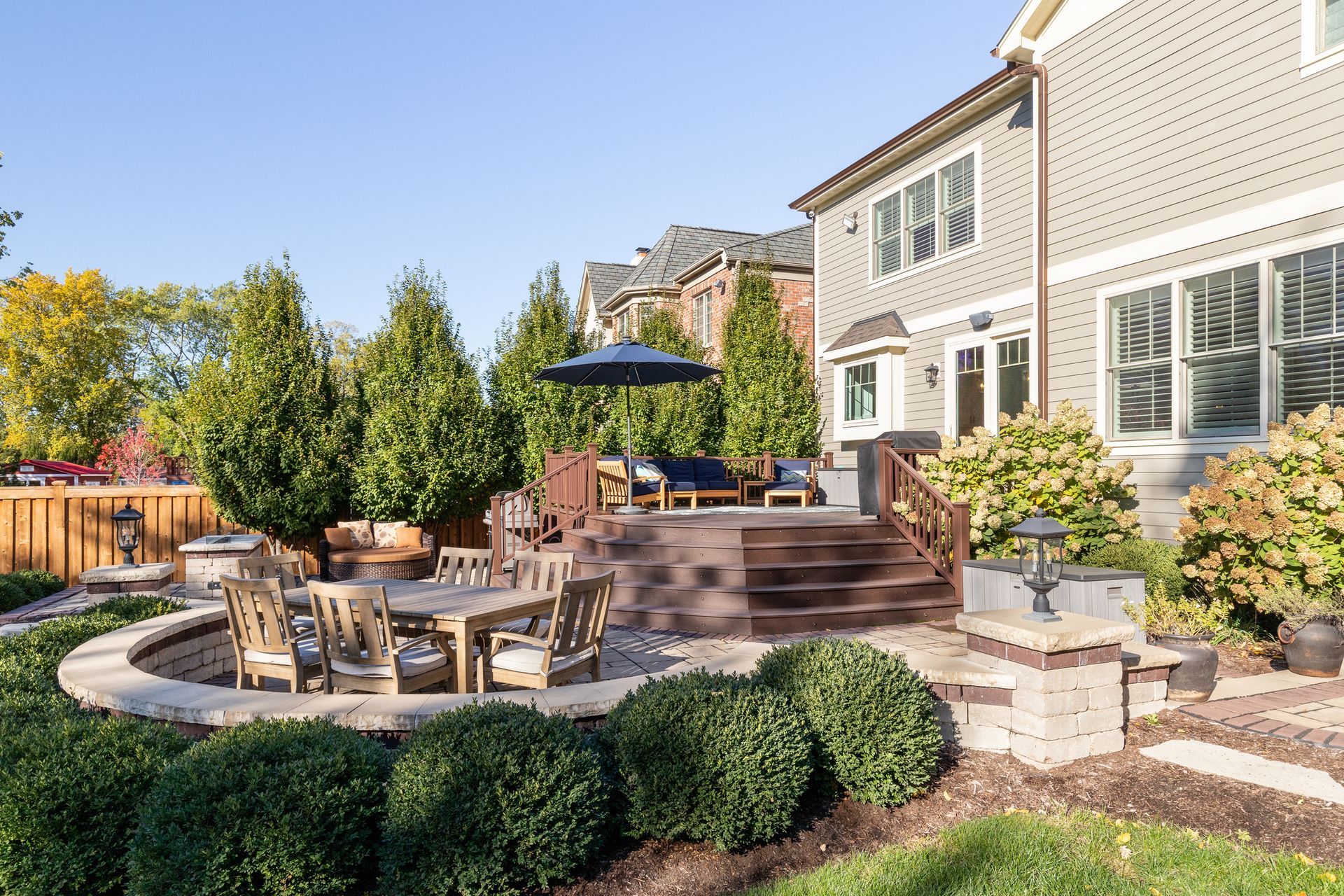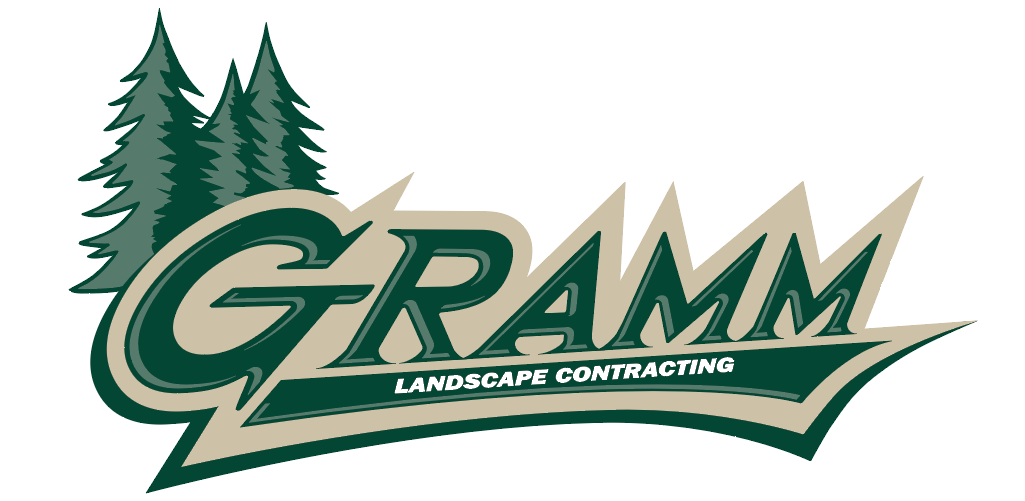Retaining Wall Options to Build And When Each Is Best
Pittsburgh's hilly terrain and frequent rain create beautiful landscapes, but they also come with unique challenges. Erosion, runoff, and steep slopes can make yard maintenance difficult and even pose risks to your property. For many homeowners, retaining walls are a practical solution that balances function and form.
Whether you're hoping to level your yard for a garden, support a new patio, or prevent water damage, choosing the right type of retaining wall is essential. This guide explains the most common types of retaining walls, when each works best, and how factors like soil, space, and budget should guide your decision.
Why Retaining Walls Are Common in Pittsburgh
Retaining walls serve as structural solutions for managing soil on uneven ground. In neighborhoods like Mt. Lebanon, Brookline, and Upper St. Clair, where elevation changes are part of the landscape, homeowners frequently install these walls to prevent erosion, manage water flow, or make outdoor areas more usable.
But their value goes beyond utility. A thoughtfully designed retaining wall can create garden beds, define outdoor living spaces, and add architectural interest. As with any home improvement project, the key to long-term satisfaction is selecting a wall type that fits your goals and site conditions.
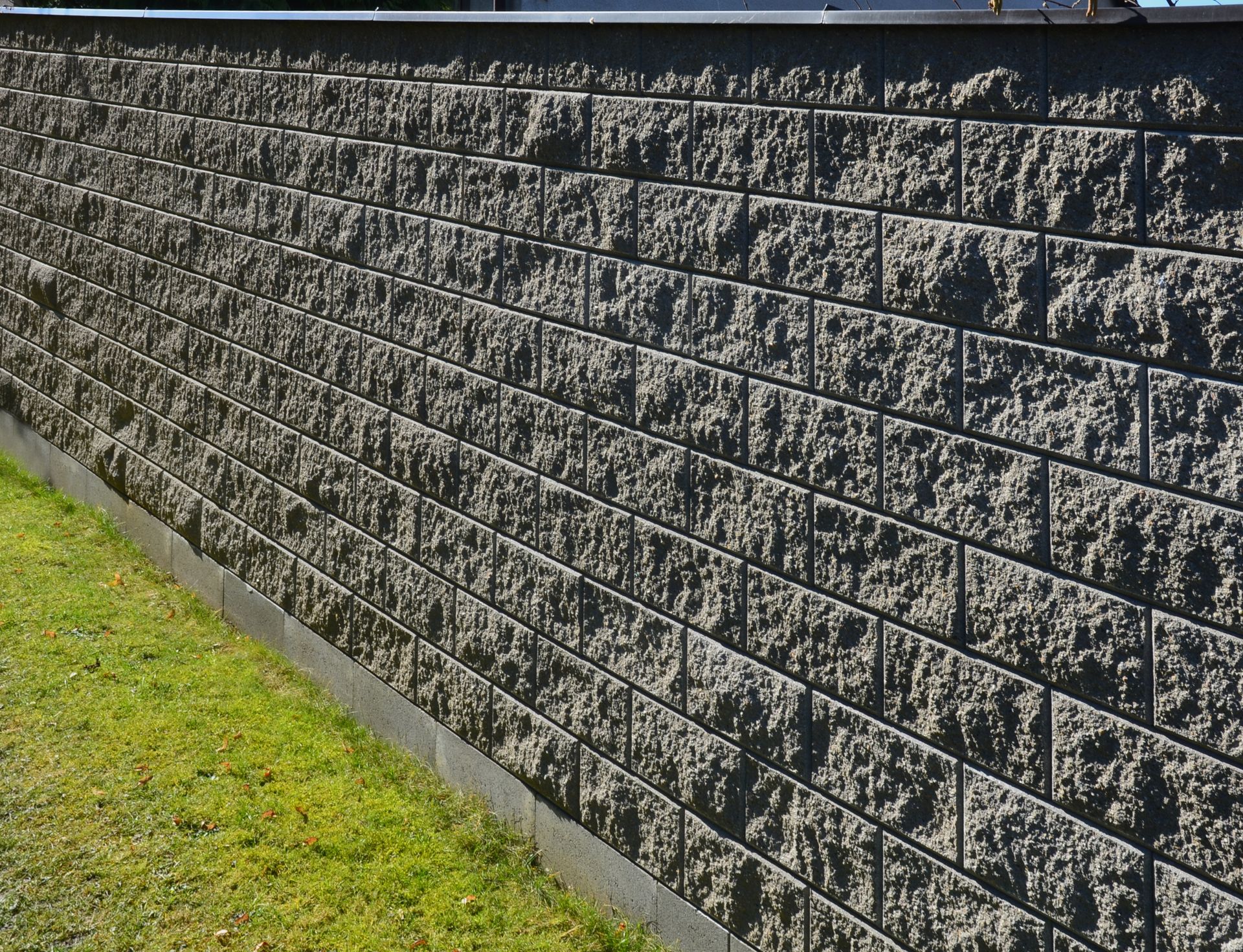
1. Height of the Wall Matters
The height of your retaining wall isn't just about appearance—it directly affects what kind of wall you need and whether a permit is required.
Tall Walls (10+ feet)
When your wall needs to hold back a large volume of soil, such as on a steep hillside or along a driveway, it must be designed to withstand considerable pressure. Cantilever retaining walls are often the go-to solution here. These reinforced concrete walls use a base slab and heel to distribute weight efficiently. Anchored walls, which include tension rods drilled into the soil for extra support, are also excellent for steep slopes or limited space.
These types require engineering and permitting, and installation should always be handled by professional retaining wall contractors in Pittsburgh to ensure compliance and safety.
Mid-Height Walls (4–10 feet)
Gravity walls built with heavy materials like concrete block or stone—are a popular choice for walls in this range. Their mass resists the pressure from the soil behind them, and they're often easier and more affordable to install. Many modular block systems are designed with interlocking components, making them ideal for both professional and skilled DIY use. If proper drainage is added, these walls can last for decades with minimal upkeep.
Short Walls (<4 feet)
Retaining walls under four feet tall are commonly used for raised garden beds, edging, or small landscape terraces. While these may not require permits, it's vital to assess what they're supporting. A short wall holding up a heavy fence or located near a structure may still need to follow the code. Treated timber or small modular block kits can work well here and are often manageable for a weekend project.
Pittsburgh Tip: Local regulations may require permits for walls over 4 feet or those that affect drainage or neighboring properties. When in doubt, consult the City of Pittsburgh Department of Permits, Licenses, and Inspections or a qualified engineer.
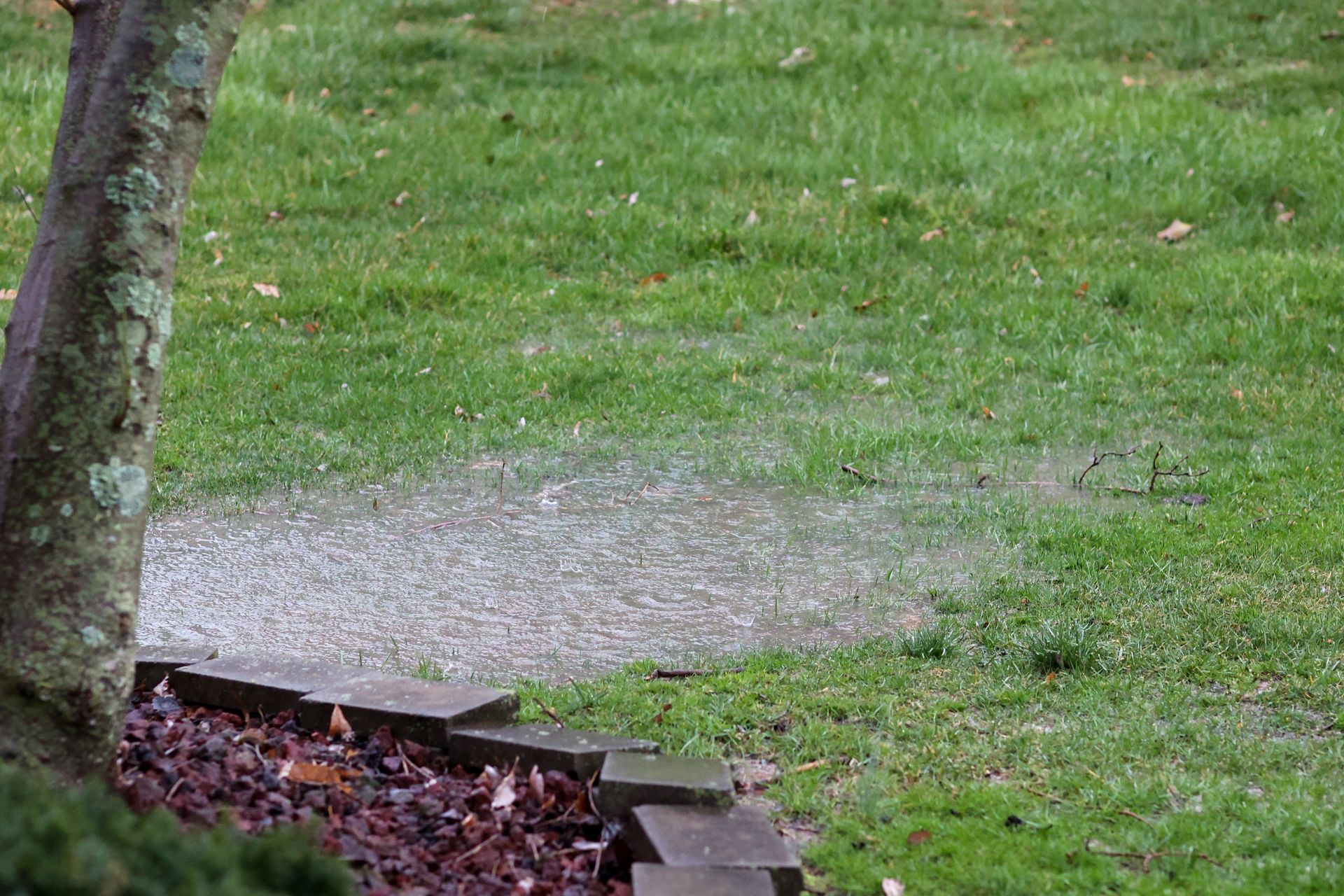
2. Soil Conditions and Ground Stability
Soil plays a significant role in how a retaining wall performs. Before selecting a design, it's helpful to understand what kind of soil you're dealing with.
Soft or Loose Soil
Soils with low compaction or high organic matter are prone to shifting, especially after heavy rain. In these cases, you need a wall system that goes deep. Sheet pile walls are thin vertical planks made from steel, vinyl, or wood that are driven directly into the soil, making them ideal for tight areas with soft ground. Anchored walls, which add tensioned supports to prevent movement, are another strong choice.
Unstable or Sloped Soil
On properties with visible slopes or previous signs of soil movement like cracking, slumping, or exposed roots, reinforced solutions are necessary. Gabion walls, which consist of rock-filled wire baskets, are particularly adaptable to these conditions and can flex slightly without losing integrity. Reinforced soil systems, using geogrids and compacted fill, offer another durable option for hillsides and complex terrains.
Erosion Prone Areas (Streambanks, Wet Yards)
Homes near creeks or at the bottom of slopes often deal with water erosion. Look for signs like soil washing away, standing water, or root exposure. In these cases, it's essential to select a wall that allows water to flow while keeping the soil in place. Gabions are especially effective because their open structure lets water pass through, reducing pressure buildup.
3. Space Constraints
The size and shape of the yard may limit what kind of wall is feasible.
If you're working with a narrow side yard or a small urban lot, large-footprint systems like gravity walls may not be practical. Anchored or sheet pile walls, which rely on deep supports rather than a wide base, can be installed in tight areas without sacrificing strength.
On the other hand, if you have a wider suburban lot or sloped backyard with plenty of space, you have more flexibility. Gravity walls, or terraced retaining walls where multiple short walls are stacked with space between them, can enhance your landscape both functionally and visually.
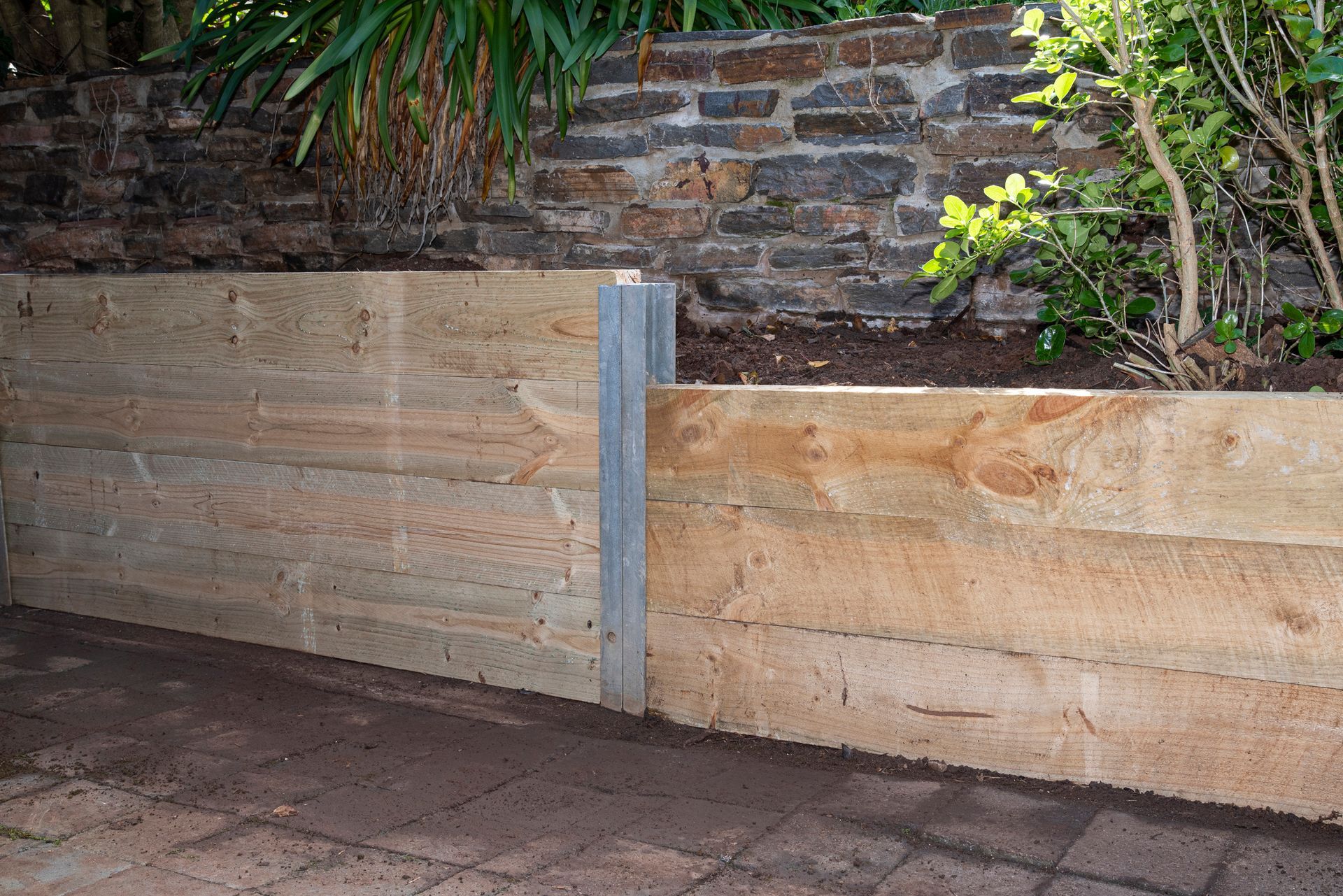
4. Matching Aesthetics to Architecture
A retaining wall doesn't have to be a functional feature; it can complement and enhance your home's style.
Modern Homes
Clean lines and smooth finishes work best with contemporary architecture. Poured concrete, steel walls, or minimalist cantilever designs match well with modern homes and landscaping.
Rustic or Natural Settings
Materials like natural stone, timber, or gabions provide a more organic look for homes in wooded areas or with naturalistic landscaping. Dry-stacked stone, in particular, blends beautifully with greenery and adds character over time.
Historic Pittsburgh Homes
In neighborhoods with older homes, like Highland Park or the Mexican War Streets, a traditional material such as brick or masonry helps the wall feel like a natural extension of the property. These choices respect the architectural history while offering long-term strength.
5. Budget Considerations
Cost is an important part of any home improvement project. Pricing for retaining walls varies by height, material, design complexity, and installation method.
*Rough* Estimated Cost Ranges:
Premium materials ($40–$100+ per sq. ft.): I-beam with wood infill, Corten steel, or custom concrete
Mid-range ($25–$50 per sq. ft.): Concrete block systems, natural stone, veneer masonry
Budget-friendly ($15–$30 per sq. ft.): Treated timber, vinyl, DIY-friendly gabions
While budget-friendly options are appealing, they may not last as long or perform as well under stress. A lower upfront cost might mean higher maintenance or replacement costs later, so consider long-term value as well as initial expense.
6. Maintenance Requirements
Western Pennsylvania's seasonal shifts, particularly the freeze/thaw cycles, can be hard on some retaining wall materials.
Lower-Maintenance Materials
- Concrete and masonry are resistant to moisture and changing temperatures. They also resist rot, insects, and erosion, making them great for homeowners who want long-lasting performance with minimal upkeep.
Higher-Maintenance Materials
- Wood and timber are more affordable initially but may eventually require sealing, staining, or replacement. Even pressure treated lumber has an expiration date. Moisture and temperature fluctuations can cause warping, cracking, or rotting over time. Gabions may need periodic re-tensioning or replacement of rusted wire baskets if not galvanized.
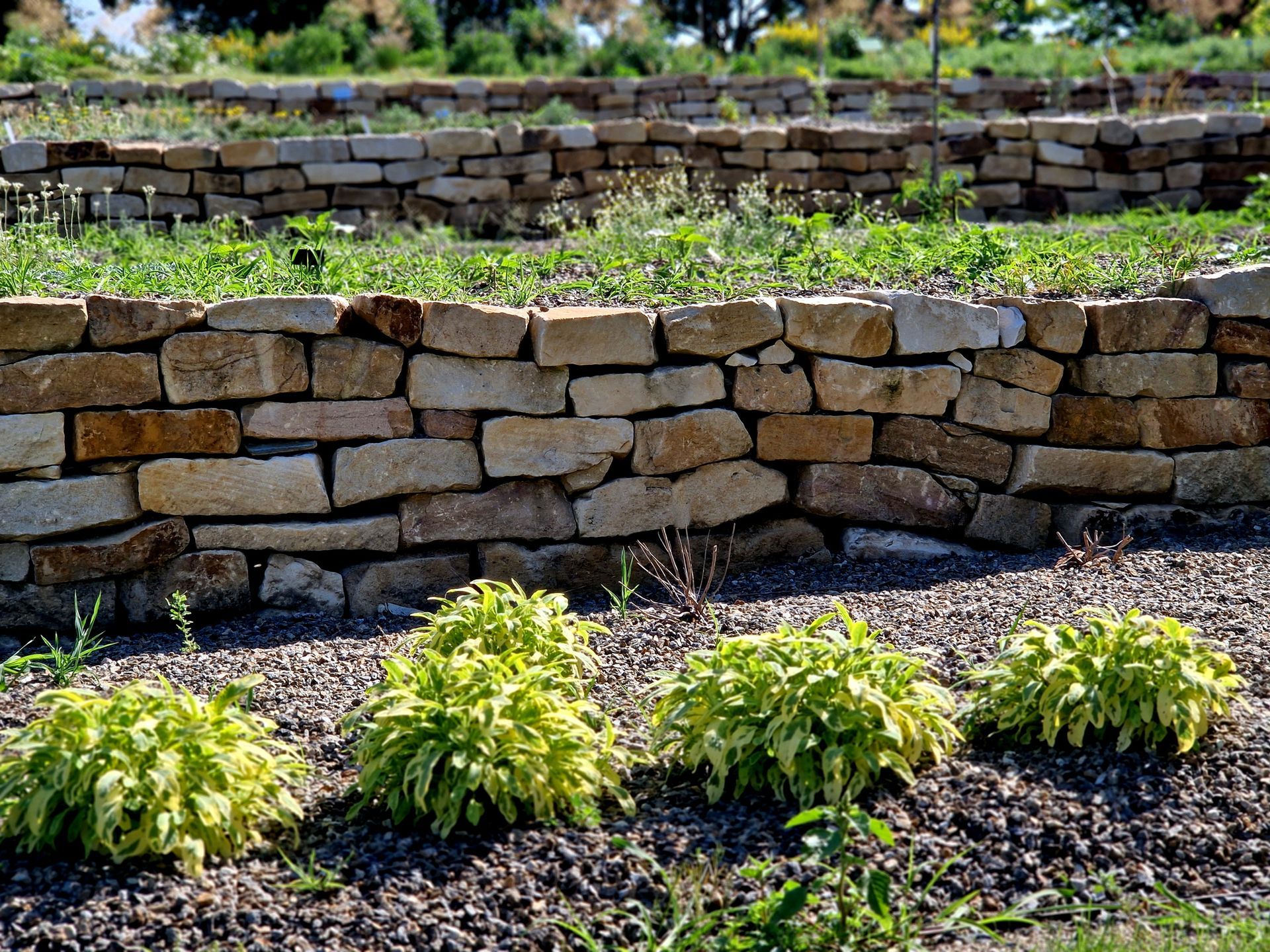
7. Real-World Scenarios
To make this all more concrete, here are a few examples that illustrate how different wall types apply to common Pittsburgh situations:
Scenario A: Retaining a Steep Slope in a Tight Space
Solution: Cantilever or anchored wall
These systems provide reliable support but take up minimal yard space. This makes them ideal for sloped driveways or hillside backyards in densely built neighborhoods.
Scenario B: Creating Terraced Garden Beds
Solution: Dry-stacked stone, interlocking concrete blocks like Oberfields or gabion baskets
These natural materials are visually appealing and functional because they allow for excellent drainage while blending seamlessly into the landscape.
These materials are affordable, widely available, and don't require specialized tools or training for short walls under 4 feet.
Scenario C: Waterfront or Erosion-Prone Backyard
Solution: Gabion or reinforced soil wall
These options provide flexible, erosion-resistant support where water flow is a concern, such as near creek beds or low-lying areas.
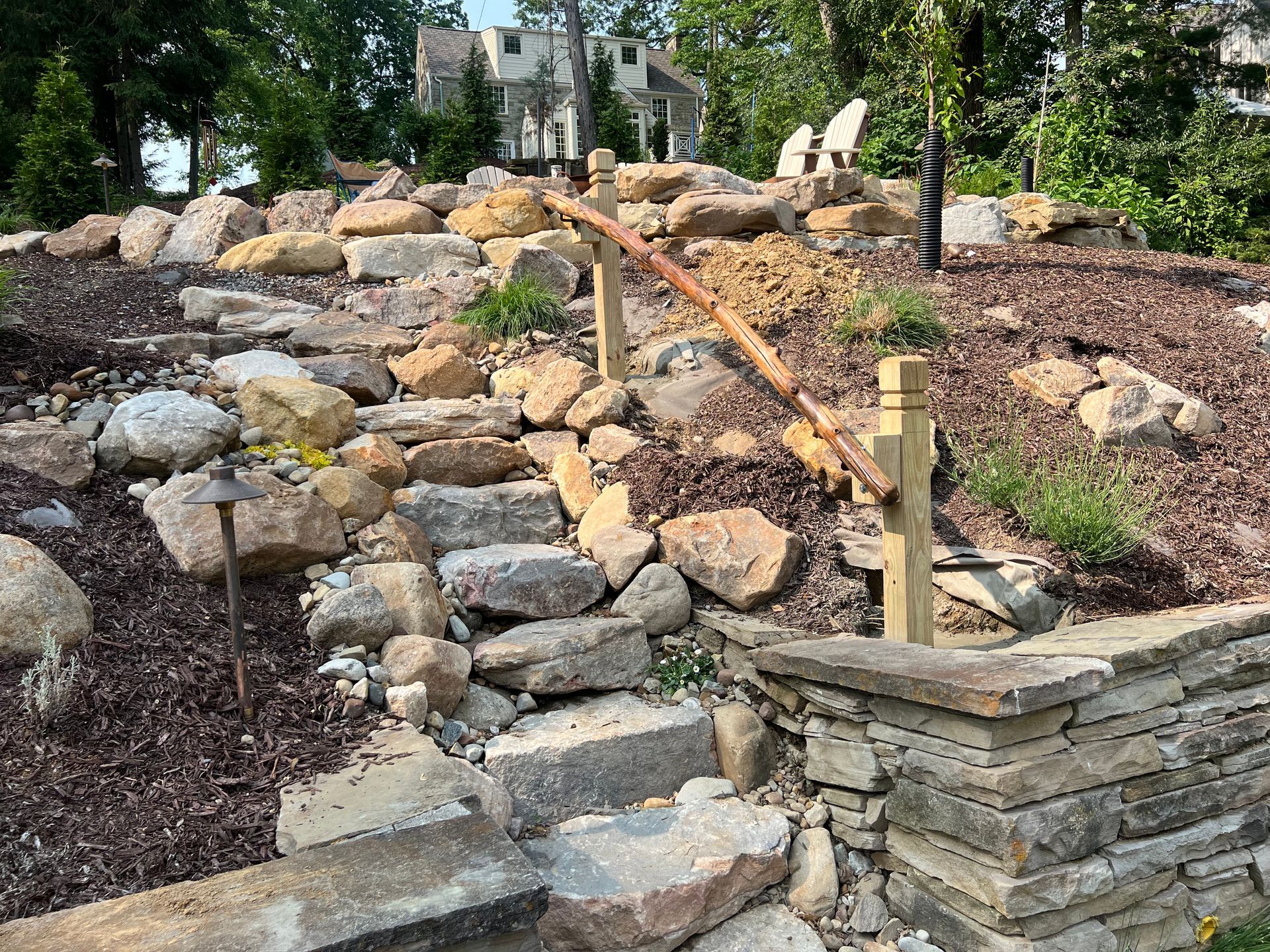
Work with Gramm Outdoor Contracting for Your Retaining Wall Installation
Retaining walls do more than prevent erosion. They help shape your yard, increasing your property's usability and boosting curb appeal. But the best solution isn't always the most obvious one. Factors like height, soil conditions, available space, aesthetics, and maintenance all play a role in choosing the right wall for your home.
If you are looking for a professionally engineered retaining wall, Gramm Outdoor Contractors in Pittsburgh can help guide you toward the safest, most effective choice.
If you are looking for expert retaining wall installation in Pittsburgh, Gramm Outdoor Contracting is here to help. Contact our team to explore retaining walls near you that match your needs and your landscape.

Author: Jake Gramm
Owner & Founder of Gramm Outdoor Contracting, Jake leads crew of experts in hardscaping and landscaping installations providing top notch work to the Pittsburgh area.
You might also like
